10. The Peanuts Movie
Written by: Bryan Schulz, Craig Schulz, Cornelius Uliano
IMDB Page
I grew up reading a lot of Peanuts comics and loving the simple American town life that Charles Schulz was able to capture with Charlie Brown and his adventures, and this new adaptation nails that same timeless nature; besides a few pop songs, Steve Martino doesn’t concern himself with modernizing the series and instead focuses on appealing to the same childlike wonder of the best animated films. Evoking all the great Peanuts holiday specials, the script was written without much interest in finding new material so if you’ve disliked everything Peanuts related you’ve ever seen, there’s nothing here to make you start liking it’s innocent brand of humor, but being able to see Lucy offer advice from her psychiatric stand and Snoopy chase down the Red Baron with the fidelity of modern animation (despite the new 3D models, everyone moves in the classic sideways Sunday strip style) makes for a greatly nostalgia movie that never feels disingenuous.
You can read Carter Sigl's full review of The Peanuts Movie here.
9. Bone Tomahawk
Written by: S. Craig Zahler
IMDB Page
Combining grotesquely violent horror into a traditional Western formula without shirking the pistol spinning and prideful banter, this debut feature from a former novelist brings together the best aspects from each genre into an adventure you could imagine a weathered cowboy telling his inexperienced riding companion through a long stretch of empty plains. S. Craig Zahler doubles down on the madness afforded from the classic setup of the mysterious stranger’s arrival in a quiet town, with the film’s climax having his four would-be rescuers enduring the brutal wrath of a cannibalistic Native American tribe, while the lingering pace of their journey maintains all the humbling beauty of an expansive and open country.
8. The End of the Tour
Written by: Donald Margulies
IMDB Page
It’s hard to overstate the accuracy of David Foster Wallace’s predictive writing on modern youth culture; his deconstructions of irony, postmodernism, and the impact of excessive television exposure are easily understood when looking at any college campus or gentrified Brooklyn neighborhood. While his troubled personal life and constant battle with depression are well documented, the book tour following the release of his critical sensation, Infinite Jest, only found a narrative fourteen years later when the Rolling Stone reporter, David Lipsky, sent to accompany him on the chilly Midwest road trip finally published his account of it with his own novel, Although Of Course You End Up Becoming Yourself. The End of the Tour covers both these periods, switching between a 2010 Lipsky dealing with the news of Wallace’s suicide and his memories of their time together in Illinois. With Jesse Eisenberg as the struggling reporter/novelist and Jason Segel as the sudden media darling, the majority of the film is comprised of their conversations and clashes about writing and validation, and having the dialogue pulled directly from both their recorded and untaped dialogues (while the film is adapted from Lipsky’s book, he shared his unpublished material with Donald Margulies) lends each exchange a richness and authenticity, as does the impeccable work of Segel. Eisenberg plays his role of the occasionally impudent observer similarly well, and often finds his ideologies too easily shrugged away by a shy, amicable man who is far more successful than he may ever be, creating a dynamic that enrages and fascinates him while guiding us through this supremely engaging movie.
You can read Mary Tobin's full review of The End of the Tour here.
7. The Lobster
Written by: Yorgos Lanthimos, Efthymis Filippou
IMBD Page
By imbuing a commentary on contemporary relationship expectations with surreal humor and a distinct dystopian sci-fi world, Yorgos Lanthimos’ story of a society where single people are secluded in a far-away hotel and given 45 days to find a partner is at turns horrifying, romantic, funny and uncomfortably deadpan, with each element solidifying his eccentric ideas as ones we should be listening to. For all its bizarre characters and absurd plot (if you’re unable to find a partner before your time at the hotel is up, you get turned into an animal of your choice), Lanthimos’ allegory strikes decidedly close to the modern 20-something year old’s home while the ridiculous physical comedy and purposefully stilted line-delivery managed by the fantastic cast makes what could have been a primarily depressing movie endearing.
6. Kumiko, the Treasure Hunter
Written by: David Zellner, Nathan Zellner
IMDB Page
In their adaptation of an urban legend surrounding the death of a Japanese woman in Fargo, North Dakota and her supposed fascination with the suitcase of cash buried beneath its snow banks in the 1996 Coen brothers’ film, David and Nathan Zellner dream up an adventure reminiscent of the titular Kumiko’s obsession, filled with offbeat characters while convincing us of the legitimate drama in its madcap story. The great composition and dialogue make the film a treat to watch and listen to while the stubbornness and desperate belief Rinko Kikuchi brings to Kumiko, the qualities that lift her out of the dreary office job she begins the film stuck in, have us cheering her on in spite of the obvious futility of her quest. Fargo’s resurgence with its recent FX television series taking cues from the mix of black comedy and crime drama that made it so enjoyable has shown why the film has become such a classic in a relatively short time, and the mesmerizing heart of Kumiko’s story epitomizes its influence.
You can read Brandon Isaacson's review of Kumiko, the Treasure Hunter here.
5. Shaun the Sheep
Written by: Mark Burton, Richard Starzack
IMDB Page
With their unique claymation style and charmingly off-kilter humor, Aardman Animations (known for Chicken Run and the Wallace and Gromit shorts along with their accompanying movie) have constantly given young audiences great alternatives to those kids films whose fervent attempts at appealing to their perceived demographic leaves them feeling soulless and hollow. In the same vein as any truly great animation, Shaun the Sheep finds that magical delightfulness able to entrance anyone watching, regardless of their age, as its dialogue-free construction leaves room for the humans and sheep to coexist without a constant need for shifting languages as well as allowing for a constant stream of fantastic visual gags. Valuing the regularly echoed importance of family and memories without pretense, the movie easily succeeds in its eagerness to provide pure entertainment.
You can read Anu Gulati's full review of Shaun the Sheep here.
4. 45 Years
Written by: Andrew Haigh, David Constantine
IMDB Page
The immediate scale of time presented by the marriage of this film is staggering; being 19 years old, it’s hard for me to imagine living another two lifetimes where I wake up to the same person every day. How quickly those decades of love can sour, the situation Charlotte Rampling’s Kate finds herself in the week before her 45th anniversary, is terrifying, and the weight of her performance as a woman forced to consider that her lifelong dedication and trust may have been misplaced allows her strained smiles to inflect the immense heartache inside her. The naturally understated quality of an elderly couple’s anniversary planning gives the decay of their relationship the slow burn it requires, letting us feel the endless amount of time preceding it being lost.
3. Spotlight
Written by: Tom McCarthy, Josh Singer
IMDB Page
Assured and deftly composed, Tom McCarthy and his sublime ensemble create a Boston permeated with dread in their depiction of the investigation that lead to the 2002 Globe report on sexual abuse in the Catholic Church, an institution whose omnipresence is felt constantly in real life and here becomes the source of misery in every victim’s divulgence. In its concern with unseen scope, Spotlight presents the vastness of the epidemic in waves, with each new realization of its severity by the team of reporters working the story forcing the increasingly worrying question onto us and them: how did we let this happen for so long? The impeccable writing allows each scene of the film to remind us of this awful truth while remaining wholly thrilling.
You can read Arjun Agarwal's full review of Spotlight here.
2. World of Tomorrow
Written by: Don Hertzfeldt
IMDB Page
A poignant impression of the world our constantly advancing technology may create for us, Don Hertzfeldt’s new short recalls the dry humor of Douglas Adams’ Hitchhiker’s Guide to the Galaxy to supplement the fears of a modern paradigm shift towards the digital revolution and away from the intricacies of humanity that Hertzfeldt feels is already underway; his future sees the creation of the “outernet,” whose safe infinity lonely people easily disappear into, and viewscreens able to show the memories of any generation that soon become filled with displays of people staring back at them. With Hertzfeldt mixing together a wealth of science fiction narratives, each scene of the film becomes a newly imaginative look at his creations and the innocent confusion with their purpose by Emily, the young girl brought forward in time by her 227 year old clone. For all her successor’s grandstanding on the purpose of living, it’s Emily’s easy laughter that gives us the film’s ultimately optimistic message. In addition to its Academy Award nomination and all the acclaim heaped upon it online, the personal testament I can give for the film came when the friend I showed it to over Thanksgiving break told me she was still thinking about how good it was at Christmas.
1. Knight of Cups
Written by: Terrence Malick
IMBD Page
I believe that every other film on this list, even if they don’t appeal to what you personally like, can be appreciated for their attempts at telling great stories. The skill and craftsmanship that produced each one deserve to be praised and I’m sure many people will thoroughly enjoy them just as I did, so despite knowing that the qualities of my personal favorite, the swirling narrative and meditative nature of a man searching for human connection, that I found enrapturing are sure to be bewilderments to anyone looking for a more traditionally designed film, I really encourage you to give this movie a try. In looking at a Los Angeles filled with opulence but lacking virtue, Terrence Malick creates so many stories that another director may have been content to bring into focus as the main subject but that he flows through each other, sliding moments together into expressions of a life dissuaded by breathtaking excess in its search for fulfillment. His exploration of whether, within this world consumed by such extravagance that everything becomes defined by its riches, pursuing love has become passé and futile is a poetic approach to an issue of the heart versus reality, much like his last two films, and becomes an evocative lesson in remembering where our values should lie.
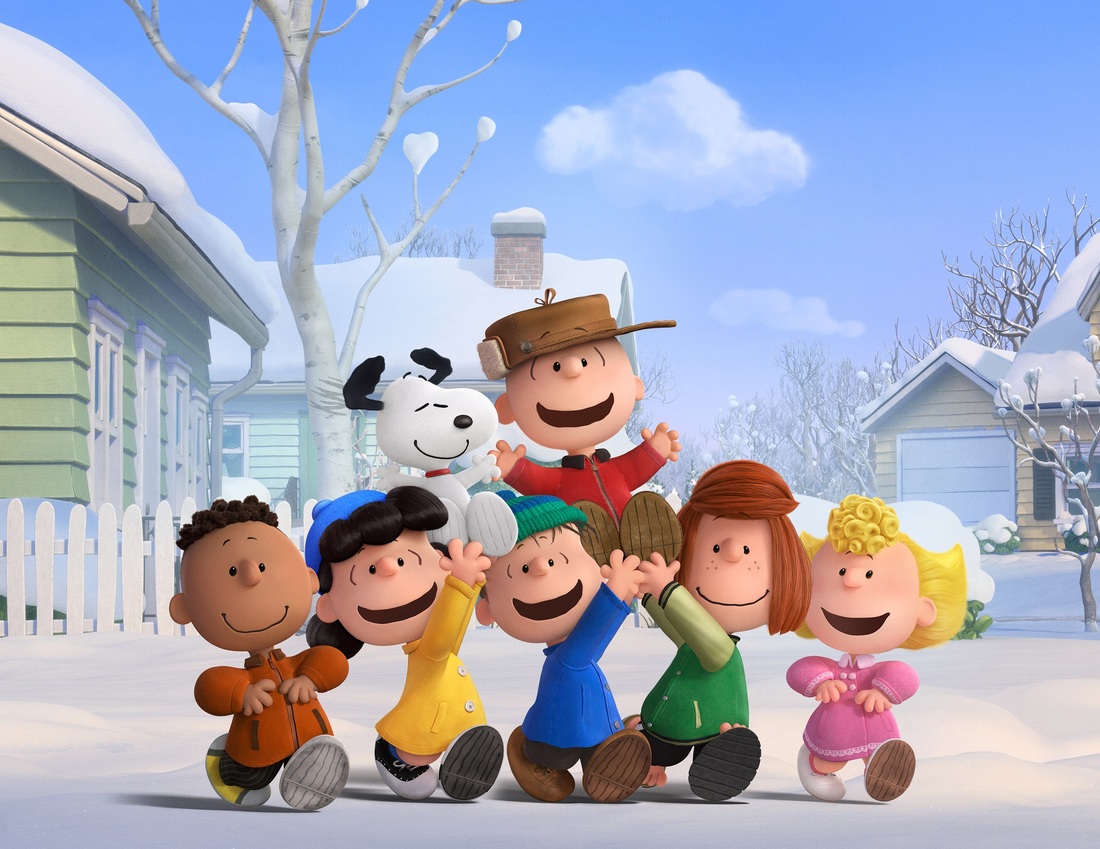
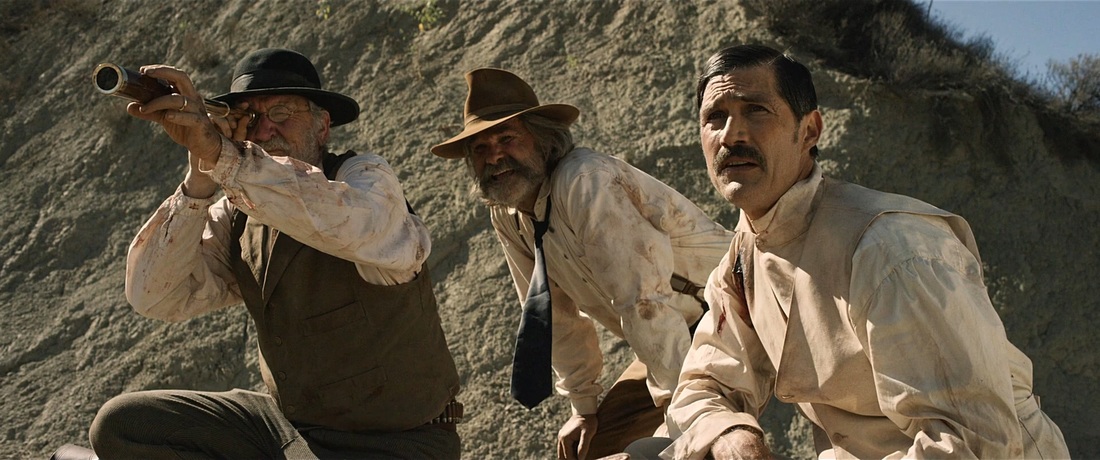
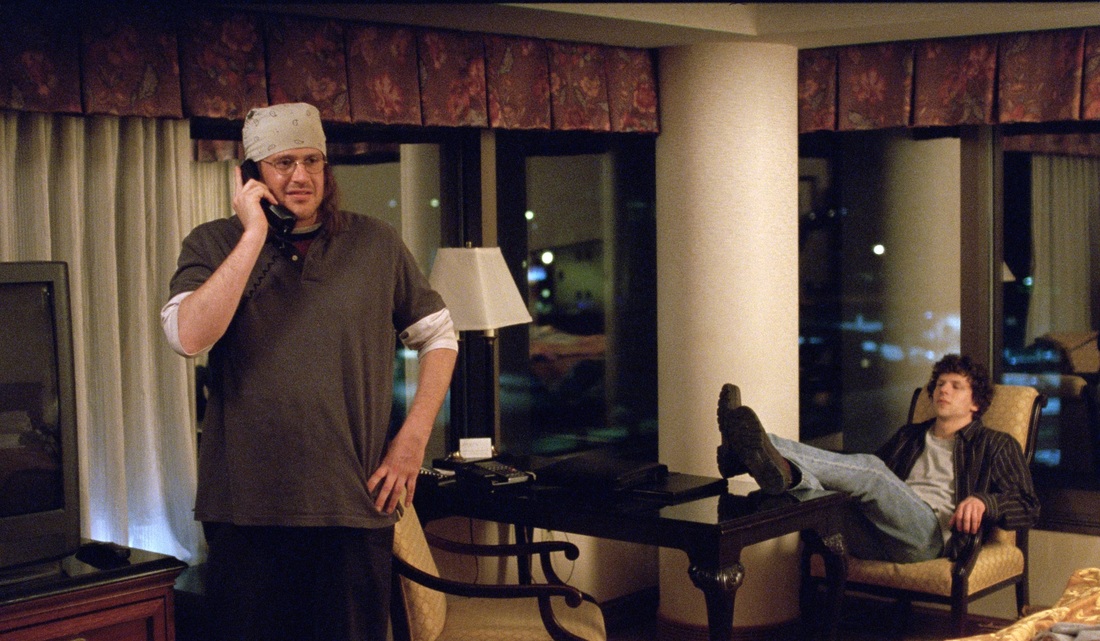
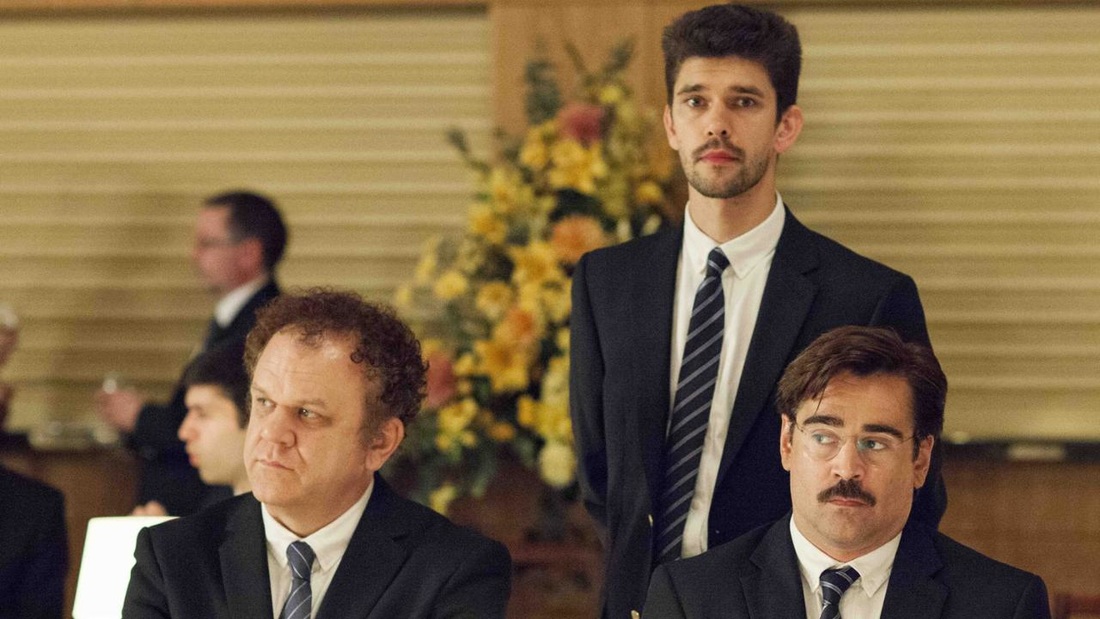
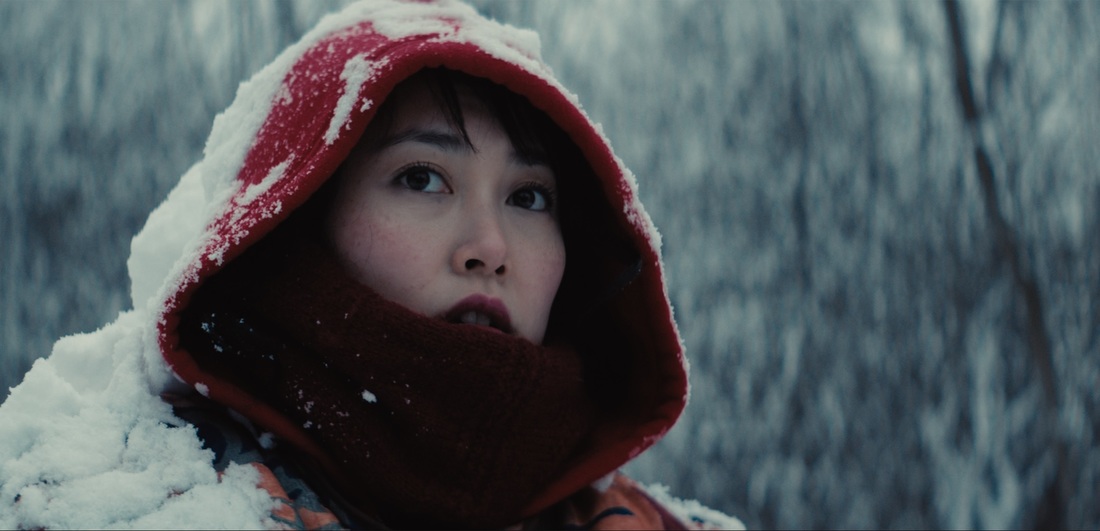
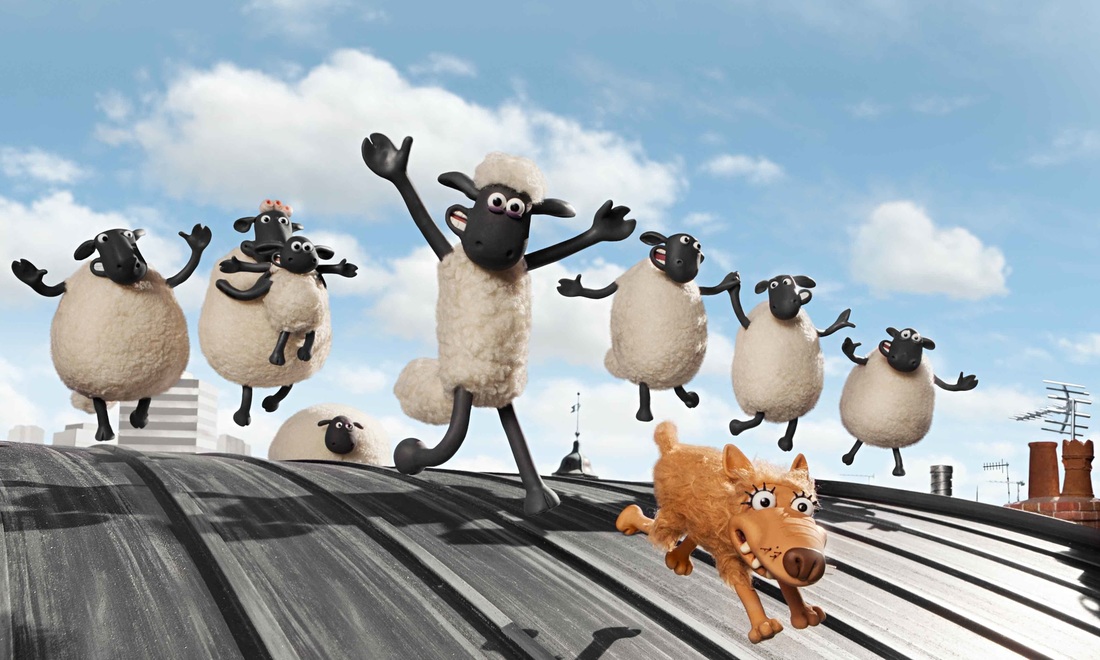
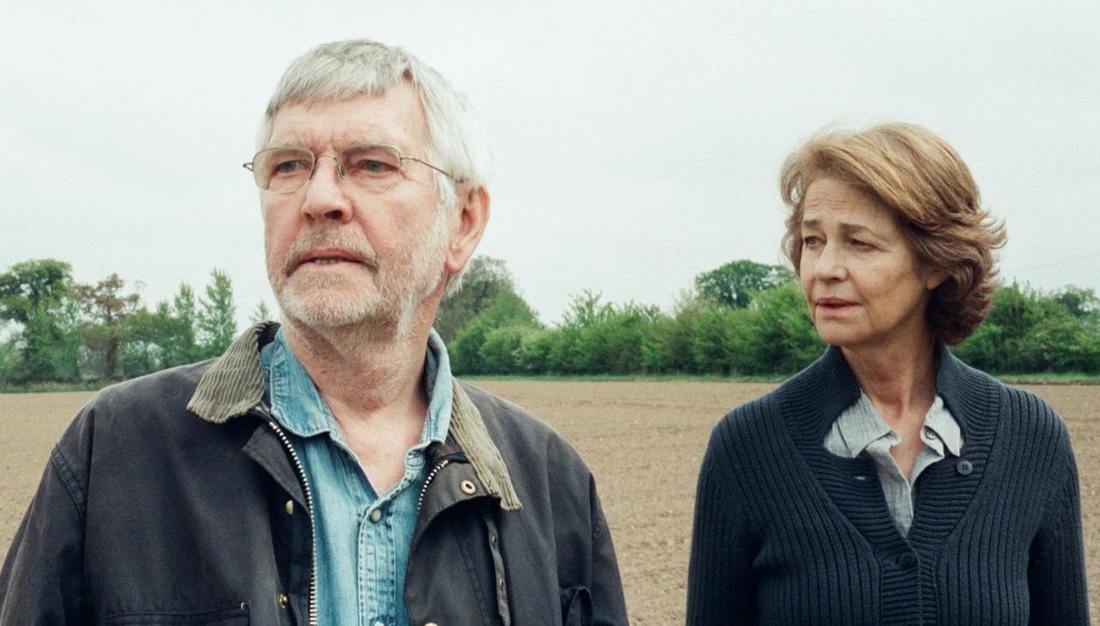
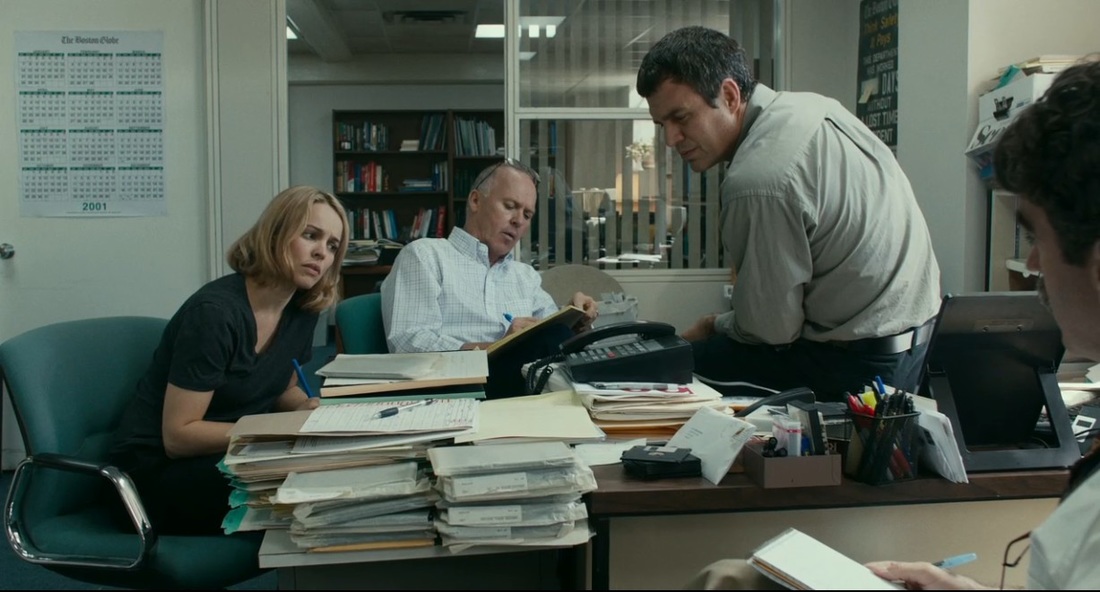
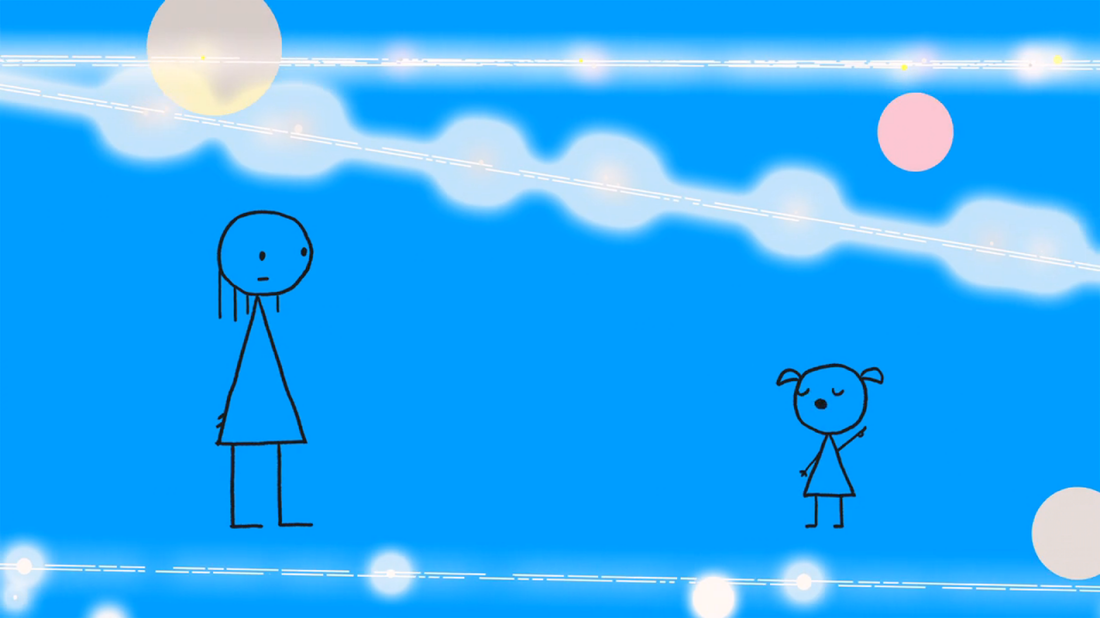
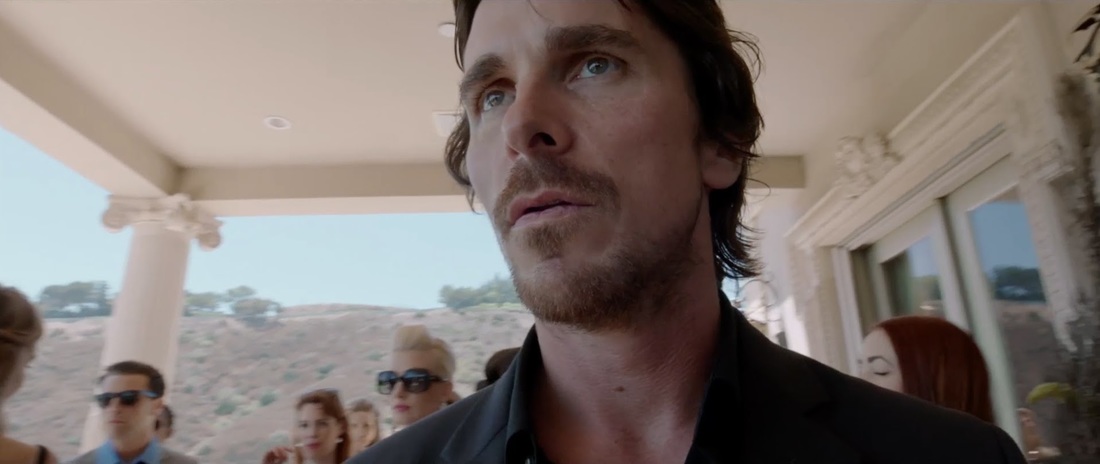
 RSS Feed
RSS Feed
